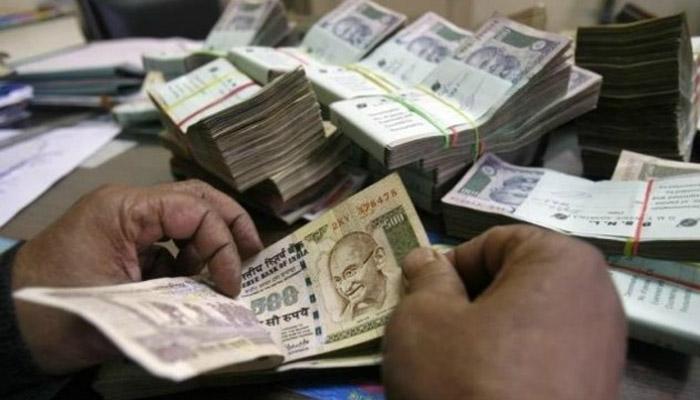7th Pay Panel brings Diwali bonanza for many
 NEW DELHI : The Union Cabinet chaired by Prime Minister Narendra Modi on Wednesday approved the revision of pay scales for about eight lakh teachers and other academic staff in higher educational institutions under the University Grants Commission (UGC) and in centrally funded technical institutions.
NEW DELHI : The Union Cabinet chaired by Prime Minister Narendra Modi on Wednesday approved the revision of pay scales for about eight lakh teachers and other academic staff in higher educational institutions under the University Grants Commission (UGC) and in centrally funded technical institutions.
10 key points about 7th Pay Commission you need to know
1. Pay Commission was set up by Government of India to give recommendations regarding changes in salary structure of its employees. 2. Since India’s Independence, seven pay commissions have been set up on a regular basis to review and make recommendations on the work and pay structure of all civil and military divisions of the Government of India. 3. Headquartered in Delhi, the Commission was given 18 months from date of its constitution to make its recommendations
4. Justice A.K Mathur headed the Seventh Pay Commission, announcement of which was done on 4 February 2014. 5. On 29 June 2016, Government accepted the recommendation of 7th Pay Commission Report with an increase in salary of 14 percent after six month of intense evaluation and successive discussions. 6. The Commission’s recommendation came into effect from January 1, 2016.
7. The recommendations benefitted over 1 crore employees. 8 This includes over 47 lakh central government employees and 53 lakh pensioners, of which 14 lakh employees and 18 lakh pensioners are from the defence forces. 9. The new scales of pay provide for entry-level basic pay going up from Rs 7,000 per month to Rs 18,000, while at the highest level i.e. Secretary, it would go up from Rs 90,000 to Rs 2.5 lakh. For Class 1 officers, the starting salary will be Rs 56,100.
10. Pay bands:

